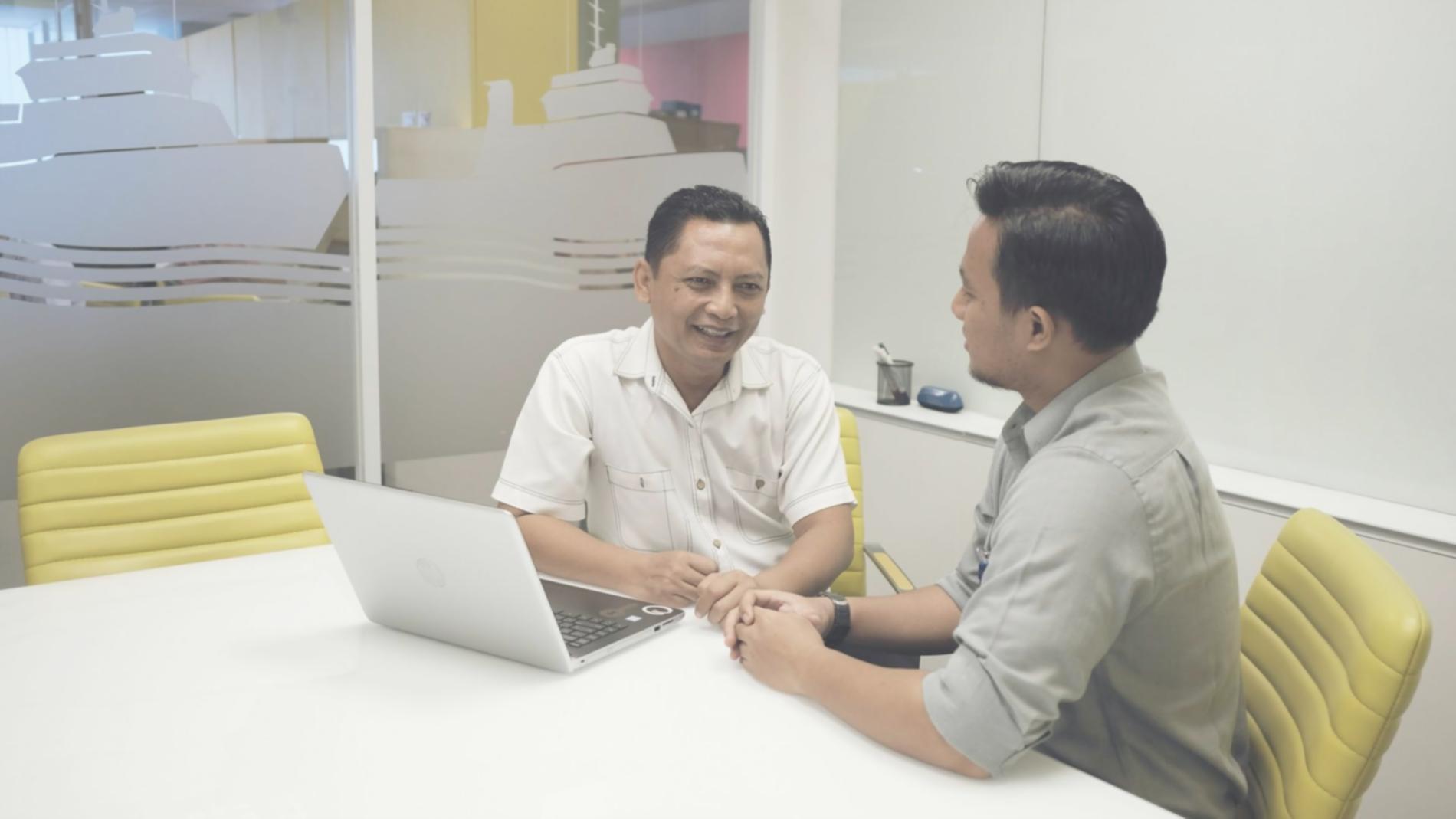Financial Planning for International Students in Australia
Moving to Australia for your studies brings exciting opportunities, but managing finances across borders can feel overwhelming. We've worked with students from dozens of countries since 2019, and honestly, the questions are pretty similar whether you're arriving from Jakarta or Vancouver.
Banking Setup
Most banks let you open accounts before you land in Australia. Takes about 15 minutes online, and you'll have cards ready when you arrive.
Currency Management
Exchange rates fluctuate daily. We help you understand timing and find reliable transfer services that don't eat your budget with fees.
Budget Planning
Living costs vary wildly between Sydney and regional areas. Real examples from current students help you plan accurately.

Understanding Australian Banking Requirements
The Australian banking system might look different from what you're used to back home. But once you know how it works, it's actually pretty straightforward.
Student accounts usually come with no monthly fees and decent perks. You'll need your passport, student visa, and enrolment confirmation. Some banks ask for an Australian address, though you can use your university accommodation initially.
- Most major banks offer international student packages with zero account-keeping fees
- Digital banking apps work well and make tracking spending easier when you're juggling currencies
- ATM access is widespread, though using other banks' machines costs around $2.50 per withdrawal
- Tax file numbers take a few weeks to arrive but you can open accounts while waiting
- Direct debit works for rent and bills, saving you time each month
One thing that surprises many international students: Australian banks take security seriously. You'll get text alerts for transactions over certain amounts, which feels intrusive at first but catches fraudulent activity quickly.
Get Banking GuidanceCommon Financial Challenges and Practical Solutions
Every year we see the same issues pop up. Here's what actually works based on real student experiences from the 2024-2025 academic year.
Managing Exchange Rate Fluctuations
Currency swings can add hundreds to your costs if you're sending money home or receiving tuition payments. We tracked AUD movements through 2024 and found some patterns that help with timing.
Part-Time Work and Tax Obligations
Student visa holders can work up to 48 hours per fortnight during semester. The tax system seems confusing initially but it's manageable once you understand the basics.
One student from Nepal I spoke with in March 2025 thought he didn't need to lodge a return because he only worked three months. Turned out he was owed $800 back. Don't leave money sitting with the tax office.
Building Financial Independence Skills
Learning to manage money in a different country builds skills that last beyond your degree. And it's easier when you're not dealing with everything alone.

Financial literacy workshops run monthly at our Stuart Street office in Griffith. Sessions cover budgeting tools, investment basics, and long-term planning strategies relevant to international students. Next workshop scheduled for August 2025.
The Australian system offers good opportunities to learn financial planning. Interest rates on savings accounts actually give you something back, sharemarket education resources are accessible, and financial literacy support is widely available.
We run quarterly sessions specifically for international students covering practical topics like comparing phone plans, understanding rental agreements, and navigating insurance options. It's the kind of information that helps you avoid expensive mistakes.
Join Our Next Workshop